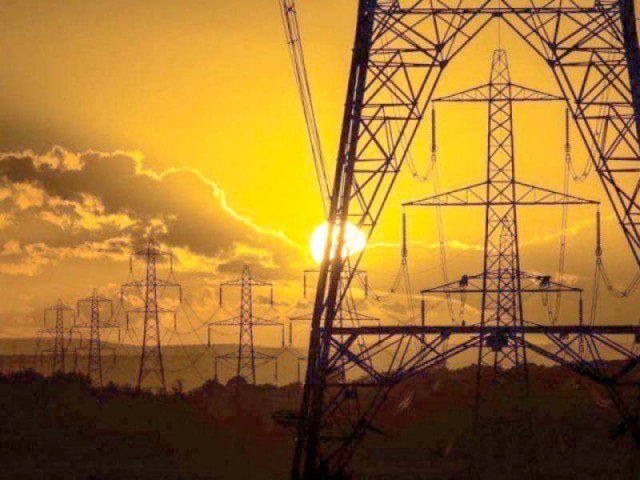NEPRA, govt criticized for massive hike
Consumers’ interests and export-oriented sectors at stake as power regulator and govt clash

The National Electric Power Regulatory Authority (NEPRA) and the government faced intense criticism on Monday for proposing a substantial increase in the base tariff, prompting stakeholders to voice concerns over its impact on consumers’ interests and export-oriented sectors.
During the hearing, various stakeholders, especially representatives from the textile sector and other industries, expressed strong discontent towards both NEPRA and the government for their massive base tariff hike and the implementation of cross-subsidies without conducting adequate due diligence on its potential impact on export-oriented industries.
Moreover, stakeholders raised objections over the approval of several Independent Power Plants (IPPs), which led to a capacity increase to 45,000 MW without simultaneous investments in the transmission and distribution network. These IPPs were producing a maximum of 26,000 MW, while consumers were still forced to pay capacity payments for the idle power plants.
The hearing was in response to a motion filed by the federal government to increase electricity prices by Rs7.5 per unit. During the hearing, the Power Division briefed NEPRA, attributing the proposed tariff increase to rupee depreciation and capacity payments.
However, NEPRA officials pointed out that determining the increase for each slab falls within the government’s purview, making it a political and administrative decision. Member of NEPRA, Rafiq Shaikh, raised questions about the legal basis empowering the government to provide subsidies and requested clarity on how the government decides the subsidy amount for each slab.
In response, Power Division officials stated that the government would grant a subsidy of Rs158 billion to electricity consumers, ensuring no increase for consumers using up to 200 units. They further explained that the subsidy primarily targets consumers living below the poverty line, covering 90% of all consumers.
Representative APTMA, Tahir Basharat Cheema, expressed grave concerns over the impact of even a 1% increase in the tariff on exports. He highlighted that commercial and billboard operators receive a commercial tariff, which would force them to pay a staggering Rs300 per unit if they were to switch to alternative sources.
He also questioned the practice of electricity companies resorting to load shedding when their losses are higher or recoveries are low. Additionally, he inquired about the occurrence of incidents where 22 thousand meters of electricity were burnt during recent rains.
Member of NEPRA, Rafiq Shaikh, stressed the need for the Power Division to present an economic case for subsidy allocation to electricity consumers, expressing concerns that subsidising domestic consumers could have adverse effects on the industrial sector. Post-hearing, NEPRA reserved its decision on the proposed increase in electricity prices, which will be sent to the federal government for review.
Once approved, a notification will be issued to implement the tariff increase. In response to the proposed tariff hike, Hafiz Naeemur Rehman of Amir Jamat-i-Islami Karachi vehemently rejected the increase and accused NEPRA of following the government’s instructions.
He argued that the proposed hike would place an unnecessary burden on the urban population and regular electricity bill payers, expressing frustration that the public is bearing the brunt of the government’s inefficiency.
He accused NEPRA of acting under the instructions of the cabinet, dismissing the hearing as merely an attempt to save face and lacking concrete results.
He argued that the subsidy itself highlights inefficiencies in the government’s management of power plants and distribution companies, leading to hardships for the public.
The NEPRA chairman expressed disappointment at Rehman’s refusal to collaborate in the past, and the discussion revolved around the rising electricity tariffs and K-Electric’s provisional license renewal.
Industrialists from Karachi also vehemently opposed the proposed increase in electricity rates, underscoring that despite contributing 42% in revenue, Karachi’s industries were facing the brunt of increased electricity rates.
The criticisms raised during the hearing highlight the challenges faced by NEPRA and the government in addressing the power tariff issue.



















COMMENTS
Comments are moderated and generally will be posted if they are on-topic and not abusive.
For more information, please see our Comments FAQ